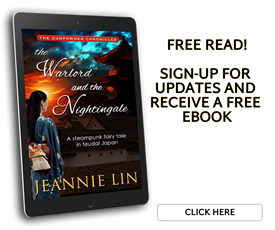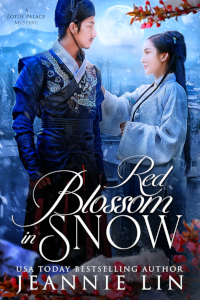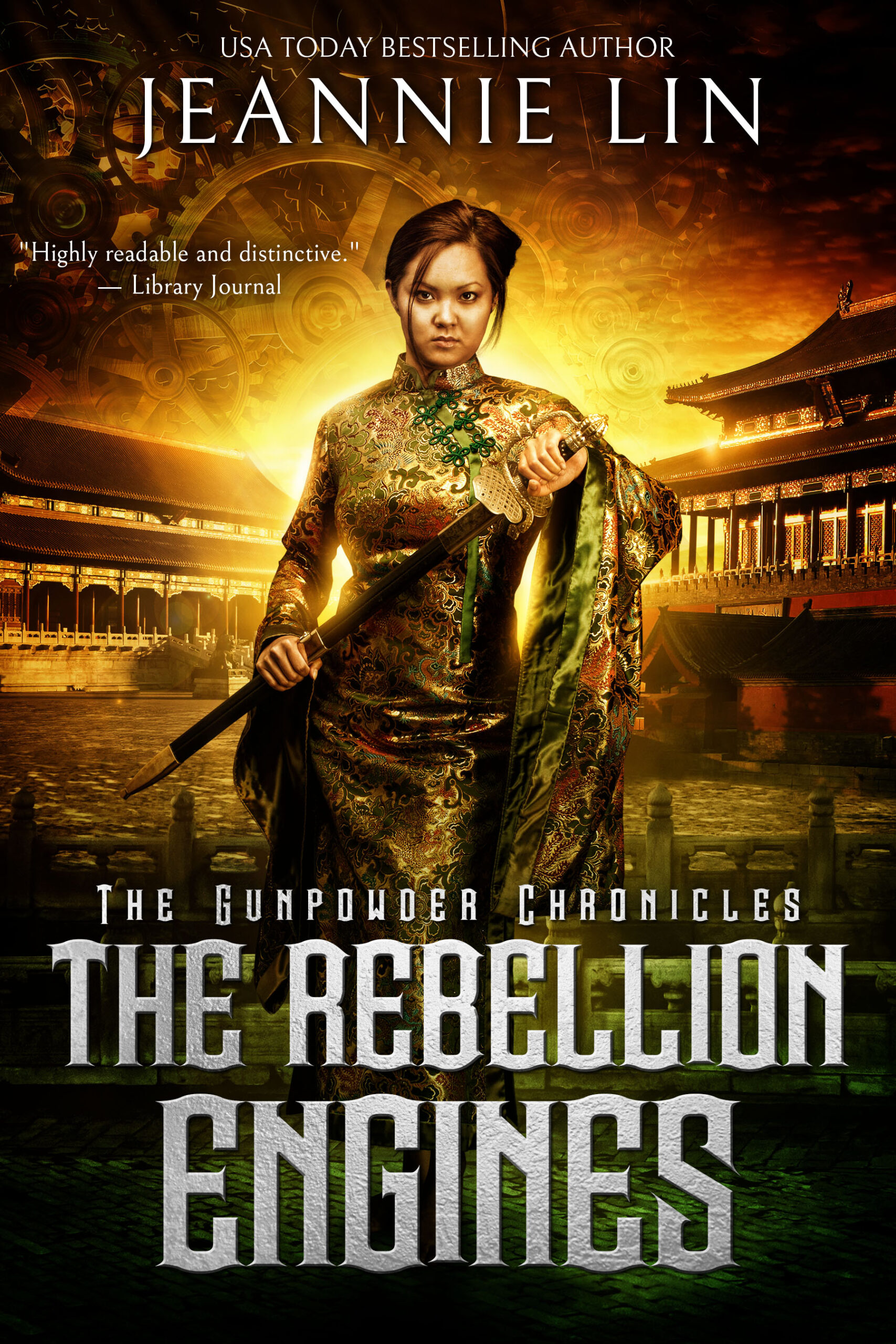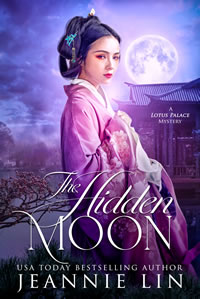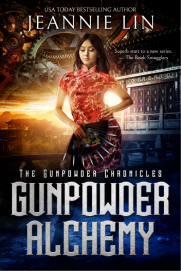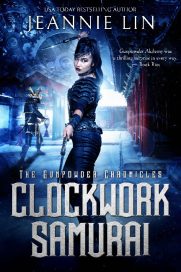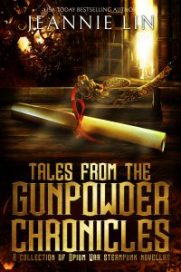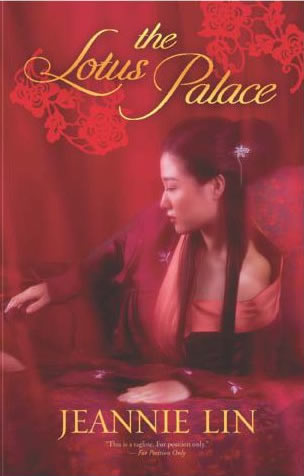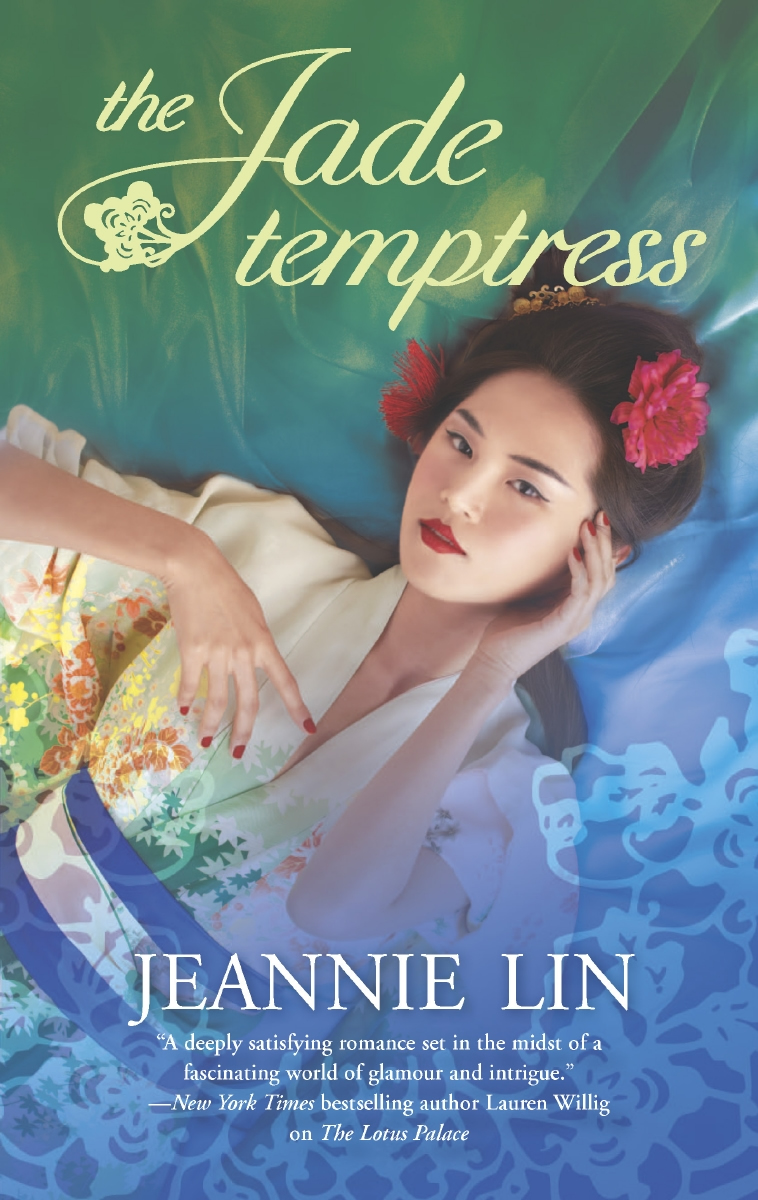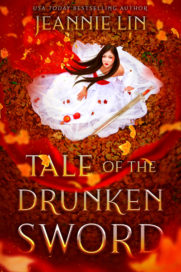I happened upon this article about female Chinese poets throughout history from the Cultural China website: Women Poets in Past Centuries – Raising One’s Voice in a Male World. Not surprisingly, the article describes how women of noble families were often highly educated and literate and, though at times were able to gain some notoriety, never had as much public recognition as their male counterparts.
While reading about the struggle of female poets, my thoughts went back to a discussion that Courtney Milan began on her post, Fairytales of Meritocracy, about the historical fantasy inherent in much of historical romance where modern ideals of meritocracy are inserted. Her very well-written post sparked some great conversation. I for one, LOVE that Courtney pinpoints some of the true “fantasies” at the heart of romance. The feminine fantasy is not the superficial one so often lambasted of wearing pretty clothes, having a great body, and landing a ravishing rake of one’s own. The fantasy is one of meritocracy: that worthy deeds will be rewarded. That characters, in any walk of life, vie for a better life and can achieve it. Yes, it comes with finding your true love as well. We want it all. HEA.
In a comment to Courtney Milan’s post, I stated an idealistic idea that feminism and meritocracy are not strictly modern ideals and that history itself doesn’t show a linear progression of subjugation to liberation, by any means.
Robin expressed the balance very well:
“I interpret (this) as finding the moments and pockets in history where what we recognize in the present is also discernible in the past.
That notion comports best with hist Rom to which I generally gravitate — those books that I can connect to through my current moment in time but without feeling that they are modern books in historical costume.”
While reading the Cultural China article, I found myself moved to nearly the point of tears by the words of these female poets who, very clearly and in ancient times, expressed this same desire to be recognized.
First, the example of private versus public independence. I think this is something Westerners often misinterpret when pushing the idea of the meek, subjugated Asian female:
From Cultural China:
“Take the example of Bao Linghui, who lived in the fifth century. She was the sister of the renowned poet Bao Zhao, and was highly educated too. Women were not discriminated. They were the ones who would stay home and educate their children while men would serve. They would even help their husbands to pass the imperial examination”
This couldn’t help but bring to mind Virginia Woolf and her conundrum of Shakespeare’s gifted sister with no place to exhibit her creativity in A Room of One’s Own. Chinese women did have a room and a sphere of their own – though it was a private one: inside the home, the inner chamber, the so-called “red chamber”.
And then the lament of Yue Xuanji, female poet of the Tang Dynasty:
“I resent these gauze robes of mine which conceal poems’ lines, I raise my head, envying the names on the roster of successful candidates.”
“I resent these gauze robes.” — Such a beautiful vision evoking femininity, the desire for recognition, and ideal of meritocracy. And this was in the 9th century.
In these cases, the need for public acceptance and recognition eludes these women, but in modern times the path of meritocracy is also fraught with obstacles, is it not?
I have received several comments that my characters exhibit modern behavior. I don’t know whether this is in their speech or their independent and outspoken natures. In both cases, I wholeheartedly accept such criticisms without argument other than the ones I’ve laid out here. I’ve “modernized” the speech in that I’ve made little effort to shy away from contractions and language that flows without any sense of being stiff or stilted. After reading the words of the Tang women, I can’t fathom in my head how to make them sound “ancient” and still do justice to the absolute command of the language I sense in their words. Though of course, as an author, there’s simply the case that perhaps I chose the occasional word that triggered a modern feeling, and I accept that shortcoming too. It could be that I simply, plainly, did not get the job done in a convincing manner.
In terms of independence and wanting to be recognized as equals, in terms of expressing these opinions openly and eloquently — again I defer to my muses, the women of the Tang Dynasty. How could their words and feats have survived more than a thousand years, surviving revisionist efforts of subsequent generations, if these thoughts had not resonated deeply in their own time as well as today?
My characters are modern, but my characters are historical. I chose them for that reason, and I must accept all such criticisms of anachronism. I must embrace these critiques in light of the choices I’ve made.


